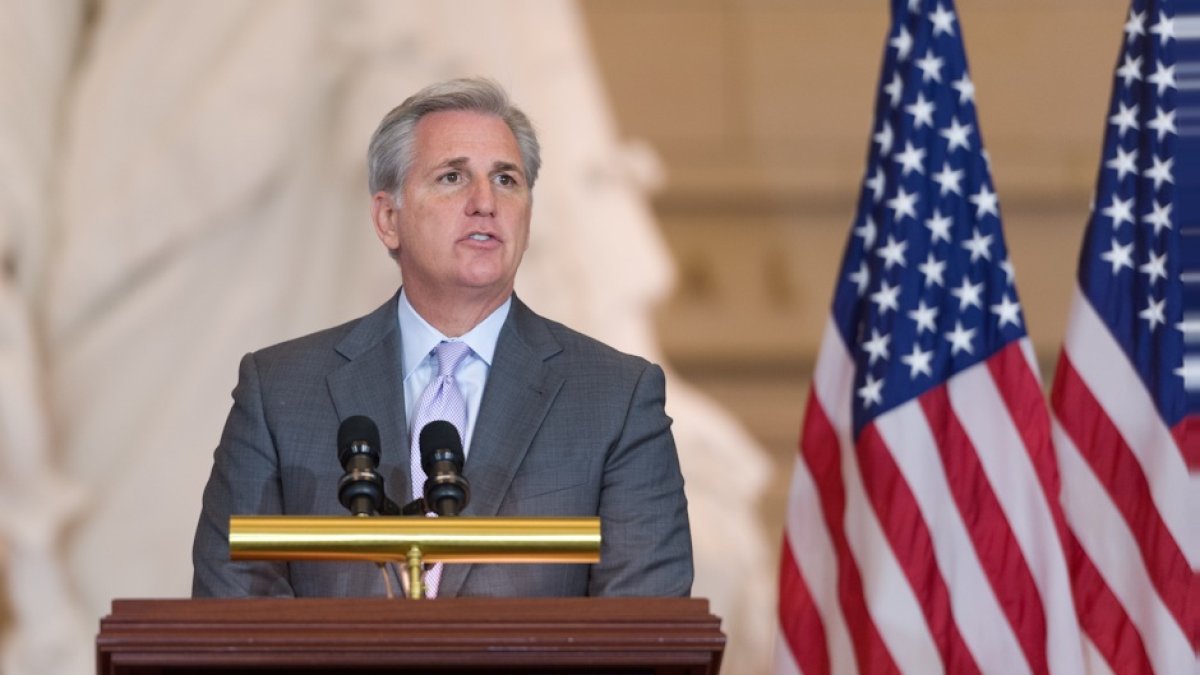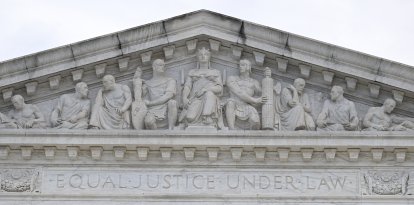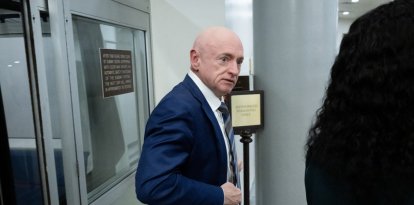House passes McCarthy's bill to cut spending
The Republican offensive to extend the debt limit by one year and reduce government spending continues to move forward with four GOP representatives voting against it.

Kevin McCarthy / Flickr.
The House of Representatives on Wednesday night passed the Limit, Save, Grow Act of 2023 to raise the one-year debt limit by $1.5 trillion and reduce the growth of government spending.
The bill passed by a narrow 217-215 vote, with four Republicans voting against it - Reps. Andy Biggs (R-AZ), Matt Gaetz (R-FL), Tim Burchett (R-KY), and Ken Buck (R-CO). All Democrats voted against.
In any case, this is one of the most significant victories for the Republican Party since it regained the majority in the House of Representatives. In addition to extending the country's borrowing limit, the bill would limit the growth of domestic spending to 1% per year. It also eliminates many of the green energy tax credits from the Democrats' Inflation Reduction Act. The bill would also block the implementation of President Biden's student debt forgiveness plan.
However, the White House already formally announced earlier this week that Joe Biden would veto the bill if it reached his desk. In this regard, Democrats opposed the legislation, expressing their opposition to reductions in federal spending and noting that it does not extend the debt limit long enough.
The Republican representatives, for their part, celebrated the fact that the bill is moving forward. Kevin McCarthy, House Speaker and sponsor of the rule, said the bill will address the nation's debt crisis, stop excessive federal spending and inflation, and put the economy back on a path of sustained growth. MCCarthy touts the bill as a bargaining tool that forces President Joe Biden and Senate Majority Leader Chuck Schumer, a Democrat, to enter into talks with him on spending cuts in exchange for a debt limit increase.
The bill comes in response to the country's fast approaching debt ceiling. Treasury Secretary Janet Yellen warned of an "economic catastrophe" if action is not taken to suspend or raise the nation's borrowing limit.

























